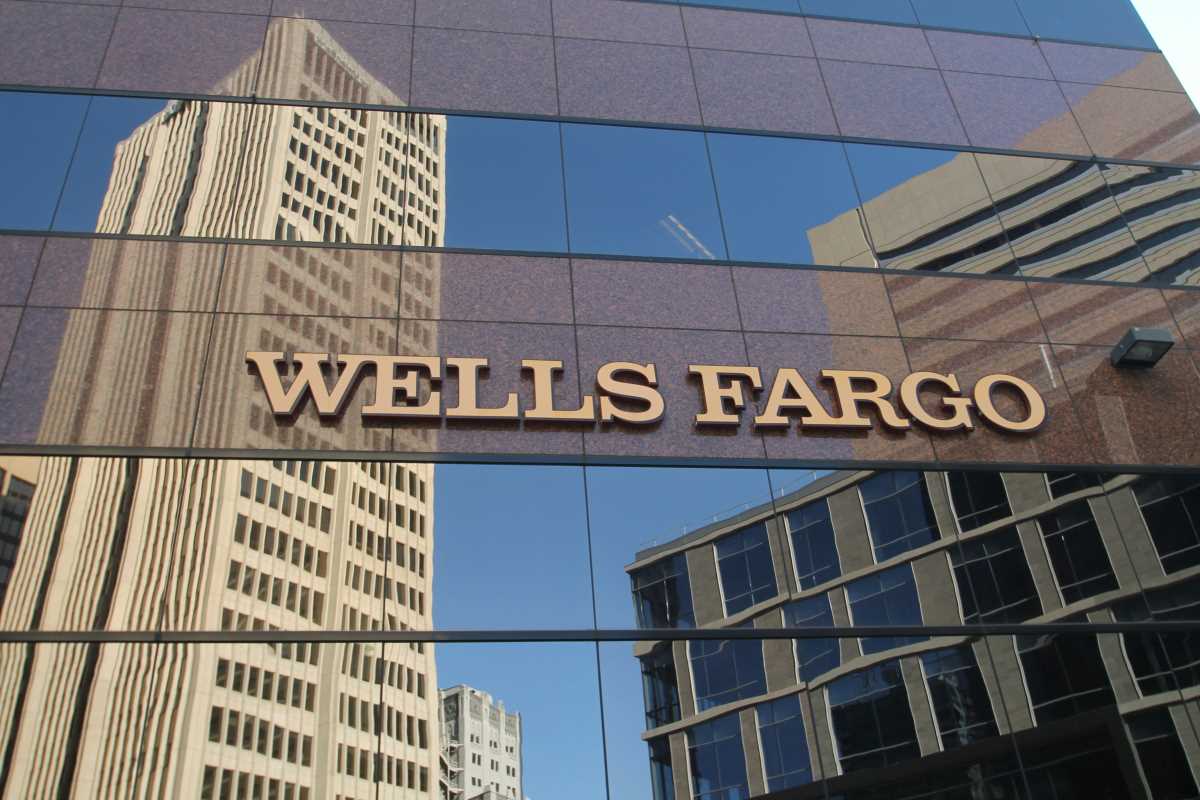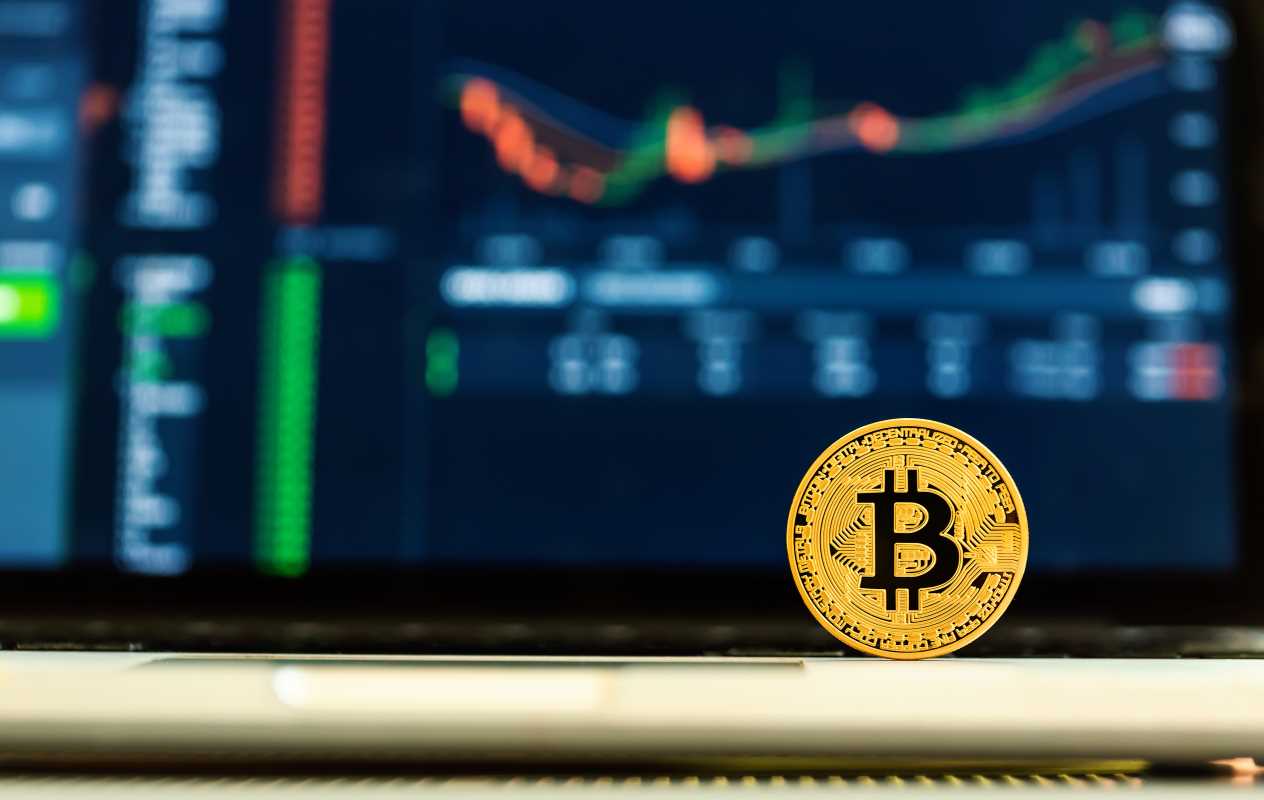When money and ambition collide, the results can often be shocking. Throughout corporate history, financial scandals have rocked the business world, leaving behind lessons as vital as they are cautionary. From fraudulent accounting practices to outright theft, these scandals showcase the consequences of greed, poor oversight, and ethical failure. For personal finance enthusiasts, examining these stories offers valuable insights into how money, trust, and accountability function in a complex financial system. By understanding what went wrong, we can develop smarter strategies for investing and managing wealth while recognizing the importance of accountability at all levels of business. Now, let's explore some of the most infamous financial scandals in corporate history and what lessons they taught us about trust, transparency, and financial literacy.
Enron (2001): When Numbers Don’t Add Up
At the turn of the millennium, Enron was considered one of America’s most innovative companies. Unfortunately, under its glossy image hid a house of cards. Enron, an energy trading giant, manipulated its financial statements by using accounting loopholes and fraudulent partnerships to hide debt and inflate profits. The company’s leadership misled investors by projecting false confidence, making Enron’s stock price skyrocket.
When the truth came to light, Enron collapsed, filing for what was then the largest bankruptcy in U.S. history. The fallout wiped out thousands of jobs, destroyed pensions, and shook financial markets.
The Lesson: Transparency is key. Investors must look beyond the surface and examine a company's financial reports critically. The Enron scandal also led to the creation of the Sarbanes-Oxley Act, which tightened corporate financial regulations, making it harder for businesses to cook the books.
Bernie Madoff (2008): The King of Ponzi Schemes
Bernie Madoff’s name is now synonymous with one of the largest Ponzi schemes in history. A Ponzi scheme works by using new investors’ money to pay returns to earlier investors, creating the illusion of profitability. For decades, Madoff lured in investors with promises of steady, above-average returns, which seemed almost too good to be true. And they were.
By 2008, the financial crisis unraveled Madoff’s scheme when clients began withdrawing their investments faster than he could bring in new money. The losses totaled an estimated $65 billion, and countless families, charities, and businesses suffered massive setbacks.
The Lesson: If an investment opportunity seems too good to be true, it probably is. Always question unusually high returns, and conduct thorough research before handing over your money. Regulatory agencies, too, learned from their failures to catch the scheme earlier, highlighting the importance of stricter oversight in financial markets.
Lehman Brothers (2008): The Collapse That Triggered a Crisis
Lehman Brothers, one of America’s largest investment banks, is often seen as the poster child for the 2008 financial crisis. At its core, the bank's demise resulted from risky investments in subprime mortgages, which are loans offered to borrowers with low credit scores. Lehman Brothers packaged and sold these risky loans as financial products, betting big on the stability of the housing market.
When housing prices plummeted, the value of these investments collapsed. Lehman Brothers, stuck with billions in worthless assets, declared bankruptcy. The collapse sent shockwaves through the global financial system, contributing to the worst economic downturn since the Great Depression.
The Lesson: Excessive risk and lack of regulation can be devastating. For individual investors, it’s a reminder to diversify investments and avoid betting everything on one market. For governments, the crisis underscored the need for regulatory oversight to limit reckless behavior in the financial sector.
Wells Fargo (2016): Banking on Fraud
Wells Fargo, one of the largest banks in the U.S., found itself at the center of controversy when it came to light that employees had created millions of fake bank and credit card accounts without customers’ consent. Workers had been incentivized to meet unrealistic sales targets, prompting fraudulent activity to achieve numbers that would keep management satisfied.
When the details emerged, the bank faced massive fines, sweeping lawsuits, and public outrage. Thousands of employees lost their jobs, and Wells Fargo’s reputation was permanently scarred.
The Lesson: High-pressure corporate cultures can lead to unethical behavior, damaging trust in even the most established brands. For consumers, this scandal shows the importance of regularly monitoring bank accounts and questioning any unexpected activity or charges.
The Volkswagen "Dieselgate" Scandal (2015): Cheating the System
Volkswagen, a brand known for reliability, stunned the world when it admitted to installing software in its diesel vehicles to cheat emissions tests. The cars appeared environmentally friendly during testing, but they emitted pollutants well above legal limits during regular use.
When regulators uncovered the truth, Volkswagen faced billions in fines, recalls, and an enormous drop in public trust. The damage extended beyond the company, as it also tarnished the reputation of the global auto industry.
The Lesson: Ethical shortcuts can ruin even the strongest brands. For businesses, this scandal emphasizes the value of long-term integrity over short-term gains. For consumers, it highlights the need to stay informed about the products they use and demand greater accountability from corporations.
Wirecard (2020): A Modern-Day Corporate Fraud
German fintech star Wirecard claimed to be a trailblazer in digital payments, but its rise came crashing down when auditors revealed that $2.1 billion was missing from its accounts. The company had allegedly faked revenues to maintain its status as a market leader, all while executives lined their pockets.
The fallout led to Wirecard’s collapse, jail time for its executives, and a shake-up of Germany’s financial oversight system. The scandal also shattered trust in European financial markets, previously seen as one of the world's safest.
The Lesson: Always verify the information companies provide. Investors, regulators, and auditors need to dig deeper into financial statements to ensure accountability. This case also showed the dangers of idolizing companies without questioning how they achieve success.
What These Scandals Teach Us About Financial Responsibility
Financial scandals often stem from unethical practices, greed, and a lack of oversight. The details differ, but the lessons remain similar. Whether you're an individual investor, a professional in the finance industry, or someone curious about money matters, these stories teach us to:
- Stay Vigilant: Don’t blindly trust businesses, banks, or financial advisors. Research their practices and track records.
- Diversify Investments: Avoid putting all your money in one company, market, or asset class, as it reduces the risk of loss.
- Question Too-Good-To-Be-True Promises: High returns with little to no risk are classic warning signs of scams.
- Push for Transparency: Demand clear communication and ethical practices from companies you support or invest in.
By learning from these dark chapters in corporate history, we can make smarter decisions and work toward a financial system that's built on trust, accountability, and transparency.
 (Image via
(Image via





